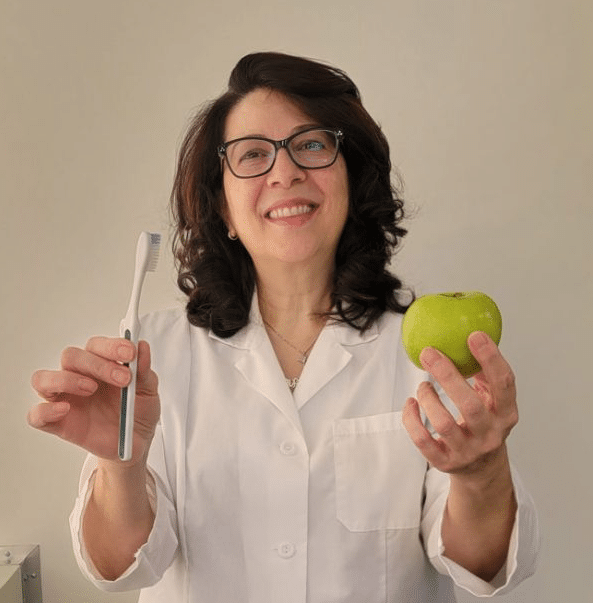
Metro Dental Health
11150 Fairfax Boulevard
Suite #301
Fairfax, VA 22030
Metro Dental Health
2112 F Street, NW
Suite #203
Washington, DC 20037

More Dental Health Articles
Benefits Of Saving a Tooth Instead Of Removal
When possible, most dentists prefer to save your natural teeth and avoid extraction. There are several different alternatives to tooth extraction that your dentist will likely explore before making the recommendation to remove a tooth. You may be wondering, if a tooth is damaged, then why go through the trouble of trying to save it with root canal therapy, medication, or other avenues? Here are four benefits of saving your natural tooth, instead of removing it.
1. Maintain Your
Natural Appearance
One of the most common reasons people like to save their natural teeth is to maintain their natural smile. Whether you're missing one, or multiple teeth, the space can make an impact on your appearance, which affects your self-esteem and confidence. By repairing your natural tooth, your smile stays in alignment without missing gaps.
2. Proper Chewing
You may not realize it, but having all of your teeth affects the way you chew because you're able to keep the natural structure and bite of your teeth. When teeth are removed, the alignment of your teeth changes, and therefore so does your bite. You might find yourself trying to compensate for your missing tooth by chewing strangely to avoid the gap where the missing tooth is. Over time, this can cause issues with your jaw, as well as the way you speak and even breathe.
3. Protect Your Remaining Teeth
Your teeth physically support each other in order to stay in the proper place. So when a tooth is missing, the surrounding teeth begin to shift. Your remaining teeth and your gums become more susceptible to wear and even bacteria.
4. Less Down Time
Having a tooth removed is much less of a hassle than it was five or ten years ago, but it is still a surgical procedure that takes some time to properly heal. Root canal procedures can be less involved than having a tooth removed.
You also don't have to make the decision of what to do once the tooth is removed. There are several different options available to replace missing teeth such as dentures, a bridge, or dental implants. But sometimes, it's easier on the patient to simply keep their natural teeth if possible.
If you're in a position where saving a tooth is not an option, you should look into replacing the missing tooth, ideally through a dental implant. With dental implants, you can avoid many of the issues described above.
Other Articles You May Find of Interest...
- Appliances Are In Now: How To Manage TMJ Disorder
- Why The Tooth Fairy Is Very Fun – and Important!
- Let’s Smile Dental’s 7&Up Club
- Strengthening Smiles: Understanding the Importance of Splinting Periodontally Involved Teeth
- Understanding Soft Tissue Grafting: A Key To Periodontal Health
- New Solutions for Dentures and Dental Implants
- Benefits Of Immediate Dental Implants

















